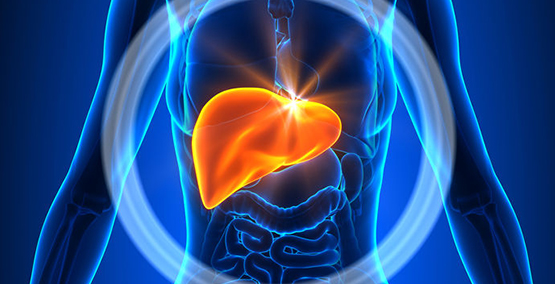
The Latest and greatest treatments for IBD: What to believe
What’s the best IBD medicine for me? Confusion on television and in your inbox....
See moresign up for our newsletter
SubscribeWe may not know why those with ulcerative colitis or Crohn's disease in their large intestine, especially the in the right side of their intestine are more likely to get sclerosing cholangitis (also called primary sclerosing cholangitis or PSC), but we do know that those with PSC and inflammatory bowel disease (IBD) are often harder to treat and at 2 – 4 times the risk for getting colon cancer.
What is PSC?
Primary sclerosing cholangitis is narrowing of the bile ducts that normally deliver bile into the small intestine to help digest foods, fatty foods in particular. The narrowing comes inflammation and scarring of the bile ducts. The inflammation is thought come from an autoimmune reaction on the bile ducts, that can come with ulcerative colitis more often than Crohn's disease, and more often in males than females.
Often, the first clue comes from abnormal liver tests that are found with routine blood work done to monitor IBD treatments. The next clue comes when ultrasounds and other scans are performed. Those can show narrowing along the bile ducts. These abnormalities may be seen even before someone has been shown to have IBD.
If the PSC progresses, symptoms may develop, including
Sometimes these problems can show up even when they seem to be fine (in clinical remission) with their IBD. But often, these patients will show active disease in the intestine when checked with stool tests (calprotectin) or colonoscopy. And they should be checked regularly, because they are 2 – 4 times more likely to develop colon cancer.

Treatment for PSC and IBD Together
Treatment for IBD should continue, especially because there is often unrecognized disease activity. But the treatment may change to a more effective medicine or a medicine that has less potential for injury to the liver.
Treatment for the PSC is often to relieve the symptoms and effects of the PSC
If PSC progresses, resulting in poor liver function, a liver transplant may be needed.
This article, as well as all others, was reviewed and edited by a member of our Medical Advisory Board.
Subscribe Be the first to know